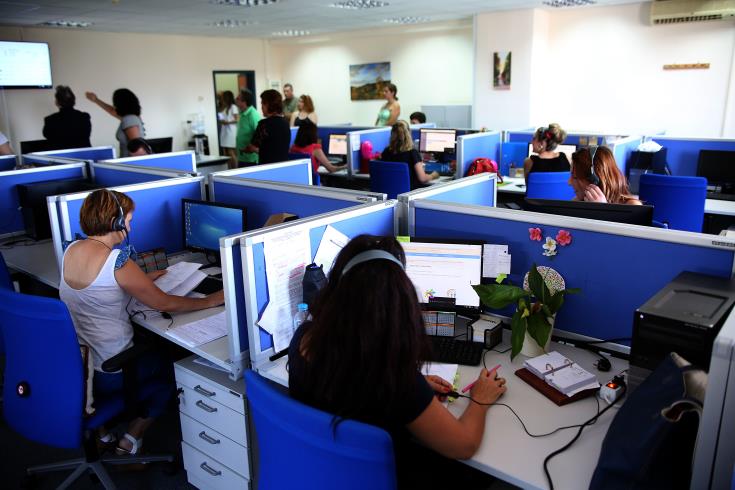By Shavasb Bohdjalian
With almost 3 million people infected by the COVID-19 coronavirus and close to 3 billion of the global workforce in full or partial closedown, companies, big and small, are now facing the bleak prospect of recovering their operations as restrictions are gradually lifted.
Governments have rushed to provide stimulus packages to soften the impact on both companies and employees through loan guarantees, outright salary payments and other schemes.
Everybody has been affected one way or another, but companies from all sectors are probably in a much worse situation because in addition to the loss of income, their cash flow, the bloodline of any company, is now negative.
As every elementary economics student knows, in the short term what keeps a business afloat is not its profitability, but its cash flow.
A company may be highly profitable on paper, but if customers are not paying their bills, then no matter how profitable, that company will close its operations.
While the Cyprus government assumed responsibility to pay 60% of employee salaries whose employers were forced to close for two months provided the business pledges not to lay them off until October, thus lessening the burden on employers, all other expenses still need to be paid.
This is having a major impact on cash flow, with some of the major expenses being rent, maintenance and other running costs that have to be paid regardless of the scale of operations.
The so-called bank loan guarantee scheme under which the government will underwrite a percentage of new bank loans to companies remains to be seen if it will work, as it is not clear how quickly such loans will be disbursed and why a shareholder would assume responsibility for such loans, simply to pay salaries and other expenses.
Uncertainty surrounds who is eligible for such loans and what kind of collateral will be asked. If a company is already up to its neck in loans or does not have tangible assets to provide as collateral, it will most likely not qualify for such loans.
Other ways to boost cash flow are the injection of fresh capital from existing shareholders, cost-cutting and aggressive shift to cash sales as opposed to selling on credit.
All such measures will be very painful and sometimes impossible to implement as every business owner knows.
Alternative funding providers
Speed is critical as companies need funding now, which is why one of the best ways to boost cash flow and liquidity is to resort to invoice discounting of the whole ledger or selectively assign the invoices of specific companies for immediate funding.
New entrants such as Eurivex Trade Finance, providing alternative funding solutions have introduced fast and simple procedures to onboard SMEs with flexible solutions for both local as well as overseas customers.
Companies need only to supply their latest audited financial statements and management accounts as well as debtors’ ageing for the initial evaluation, after which a funding offer is made with clearly defined terms and conditions including transparent and competitive pricing.
The likely relapse of the Covid-19 pandemic in autumn raises the need for financing contingency plans not only for SMEs but for all companies.
Such a relapse could have a catastrophic impact on businesses and the economy; hence businesses must be prudent enough to secure extra funding early enough.
The cost of securing such immediate liquidity is negligible when considering that it can save a business without putting additional pressure on the owners.
The writer is Director of Eurivex Trade Finance Limited, http://www.eurivexfinance.com/










